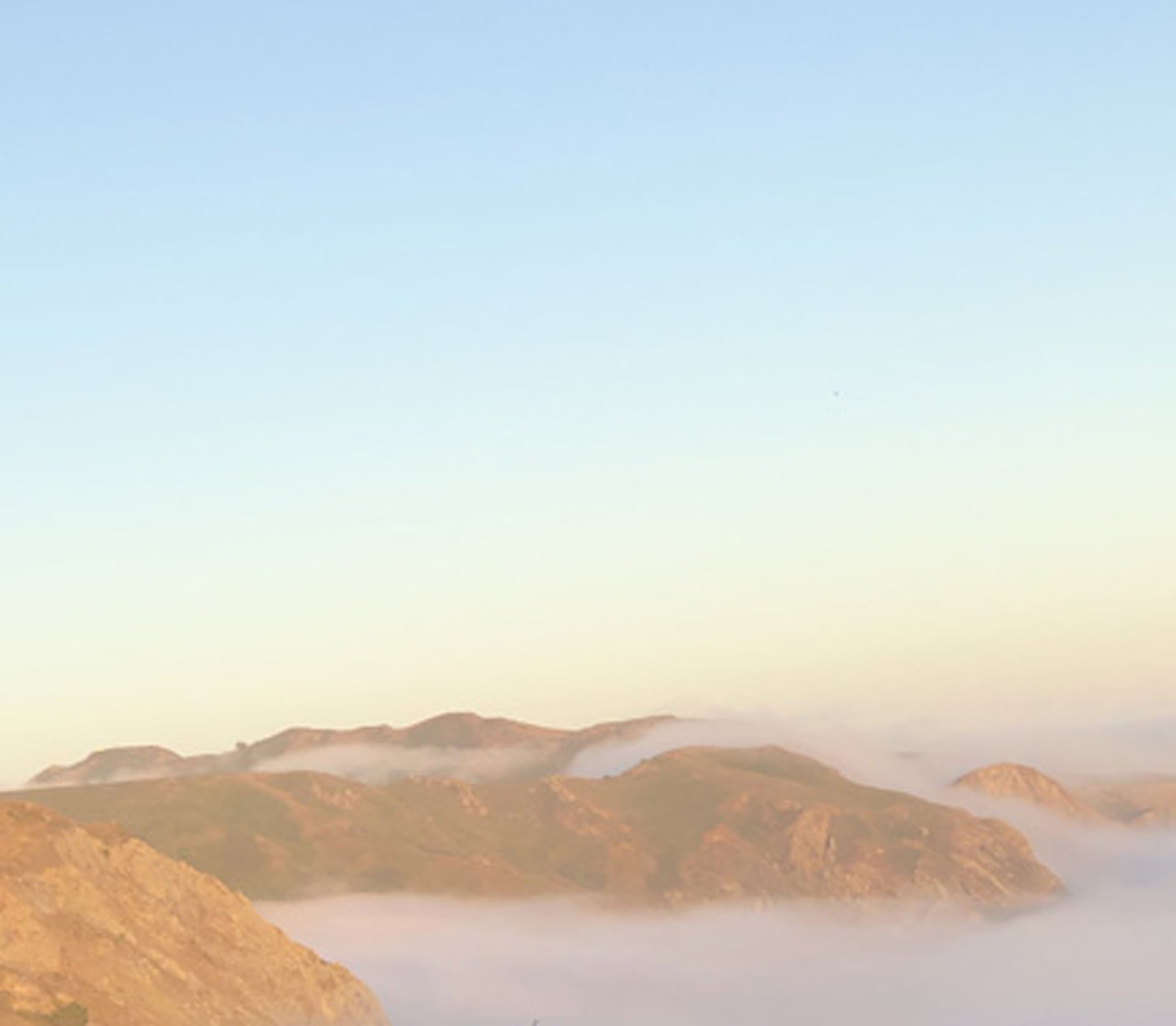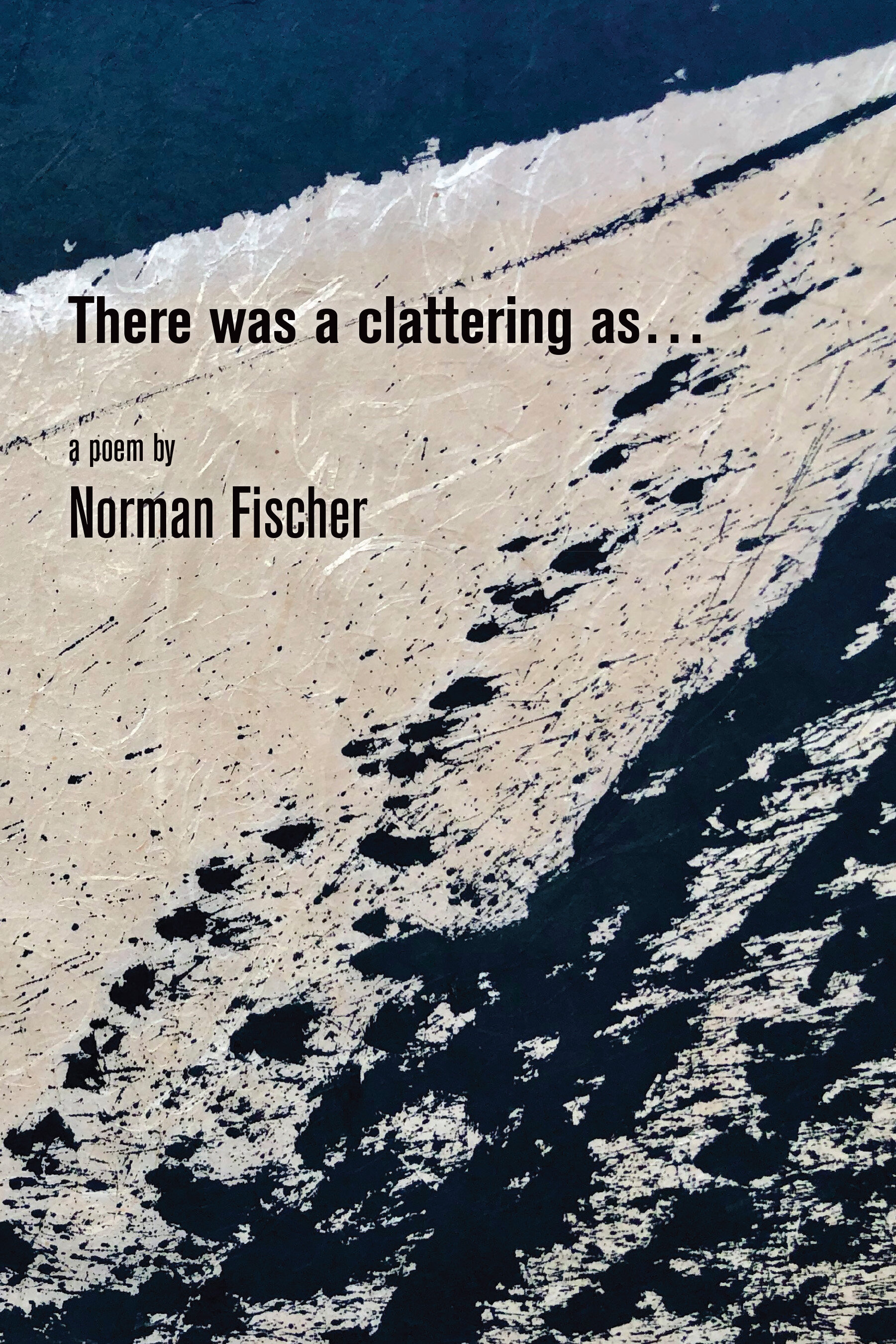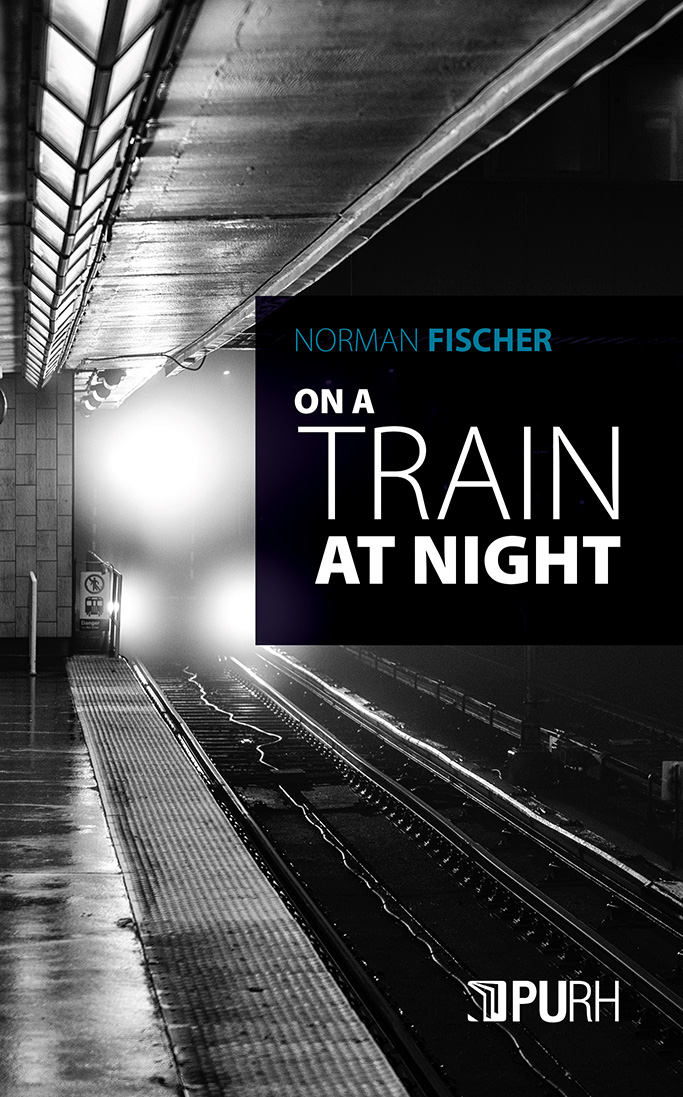Books of Poetry
"Leaning forward into the language of landscape and drawing back into thought, Fischer’s poetry [in Through a Window] finds itself more realized through connecting inside and outside than either singularity can opine.”
"Men in Suits is profound and important and necessary. Multiple levels of discourse convey innumerable meanings, yet each meaning is grounded in a fierce sense of what it means to be truly human, and how so many, in so many spheres, neglect humanity.”
"Norman Fischer’s new book is like a house with many mansions. Each mansion is explored room by room. The rooms are poems, and the poet seems to move unconscious of positive negativity, unobstructed liberty, paradoxes without stress.”
"If capitalism is the infection that normalizes and perpetuates all the greed and violence endemic to human creatures (and, of course, it is), in his new book Norman Fischer provides us with a gorgeous inoculation.”
"Norman Fischer takes the reader on a swerving ride through space and time … that seems, with patient logic, to be building toward a conclusion about what pandemics are about, and where they lead us.”
"Norman Fischer's NATURE (a fractured re-do of Emerson) is a rare pleasure."
"This is a high-speed life performance. The reader seems to fly over a choppy sea of uneasy language/thought … a consciousness, we come to see, much like our own."—Rae Armantrout
"The relationship between words and world: This is what poetry is all about."—Christophe Lamiot Enos
“If one wants a book to show the world, not in its grandeur (or, maybe that, too) but in its process, in the betweenness we all inhabit, then this is the book one wants.” —Charles Alexander
In July, 2010, poet and Zen priest Norman Fischer travelled to Kyoto to visit temples and meet with fellow practitioners. Escape This Crazy Life of Tears is a poetic journal of that trip.
The Strugglers is Norman Fischer's fourth book of poetry with Singing Horse Press. Divided into six poetic sequences, "Norman Fischer's new poems … make you stop and think—about everyday life and its sampled commodifications—about global turbulence and local pleasure" (Charles Bernstein).
"He writes of the human dilemma, the struggles of daily life, and the desire to 'hold the world in place,' showing us how not to be mired in any one spot." — Anne Tardos
Questions/Places/Voices/Seasons continues and expands the innovative meditational poetry Norman Fischer has explored in earlier books, and inaugurates a new form of writing in which he inhabits the voices of others.
Norman Fischer's long poem takes as its place Charlotte's Way, a house on the California coast, but mostly the poem takes things in. Fischer, a Zen priest, meditates on talk, the passing of time, the brain, catness, bills to be paid, and myriad other subjects as they flicker in and out of thought.
"The two distinctive sequences that form I WAS BLOWN BACK explore the elusive, even ungraspable, nature of memory, perception and personhood with moving immediacy, and with a modesty of tone that cloaks a striking acuteness." — Michael Palmer
New work by this well-known Bay Area writer and Zen teacher. “It's freezing at degree zero, wind bites -/ The crystal arguments fall into taller shapes/ And the tension around the eyes lengthens/ At the end of every turn around the park/ 'Kick Me' is a sign everyone wears” (from “The Enigma of Memory”).
A week at the Gethsemani Abbey left Zen priest and poet Norman Fischer inspired by the soaring beauty of the Psalms chanted each day, but shocked by their violence, passion, and bitterness. Thus he began a journey through Eastern and Western spirituality and his own Jewish roots toward these moving and intimate translations.
In writing Success, Norman Fischer set for himself the task of composing 28 lines, every day, for a year. What results is a moving portrait of a heart and mind in the world. This selection from the full text includes Fischer”s important essay “Do You Want to Make Something Out of It? Zen Meditation and the artistic impulse."
A book-length travel poem loosely modeled on seventeenth century haiku master Matsuo Bashō's epic Oku no Hosomichi (The Narrow Road to the Deep North).



















A collage composed of new translations of Dogen Zenji’s “Uji” and the poetry of the late poet, Leslie Scalapino.